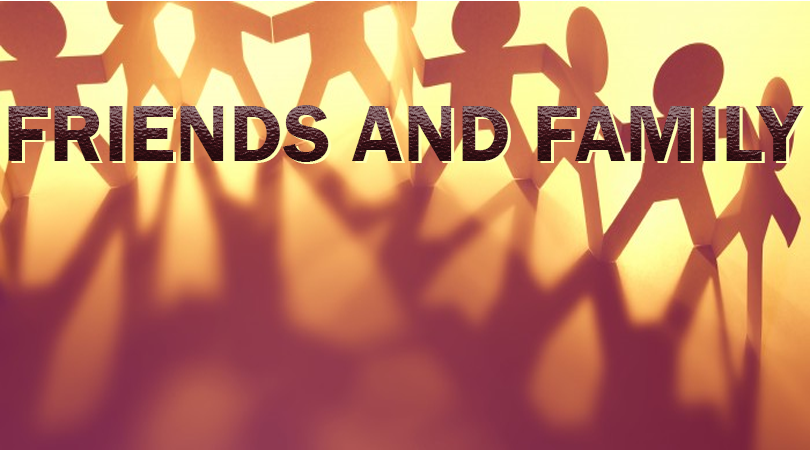
Perhaps our first taste of advocacy happens when we choose to tell our friends and family that our child has Down syndrome.
Many of us are surprised by a Ds diagnosis, whether it comes at birth or via prenatal testing. After taking time to adjust to the news, we have to decide when and how to inform others. Usually this path involves education. Many of us have a great deal to learn, including which words to use and how to explain the condition to our friends and families.
Personally, I can vividly remember the blank stare I gave the geneticist who broke the news to me when my son was two weeks old. As she showed me to the door she said “I’m 99.9% sure it’s Down syndrome but I can’t say definitively until the blood test comes back.” I had to choke out “What exactly does that mean?” I was twenty years old and had never heard the words. Her response included some words that I would eventually add to my own vocabulary like “low muscle tone” and “Brushfield spots,” and one phrase that took the wind from my lungs, “mental retardation.” I knew right away that I would not be using those words.
Having a strong support network can make all the difference to any new parent, especially one that is also dealing with medical challenges or other adjustments to expectations.
Advocacy is not just about getting laws passed and raising money for non-profit organizations. Being a good advocate for our children starts with showing the world that we love our children for who they are.
And that starts with educating our friends and family.

